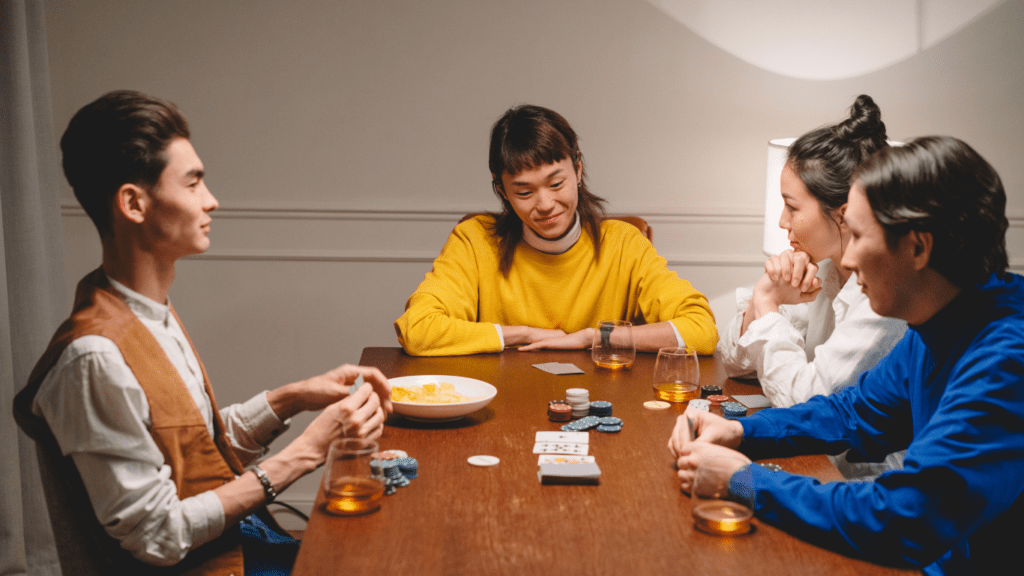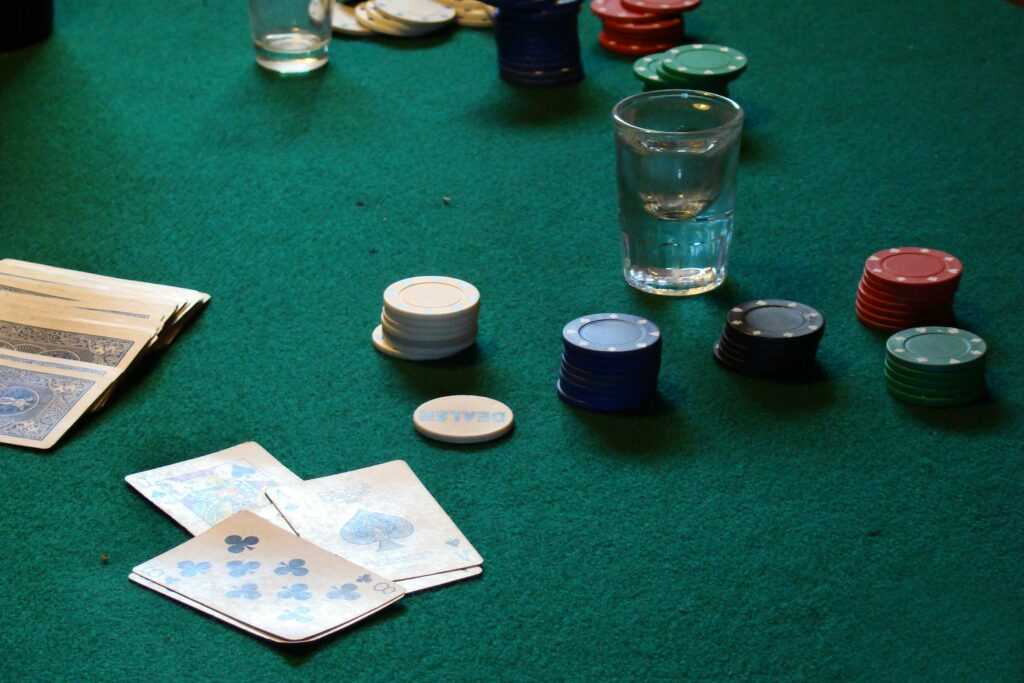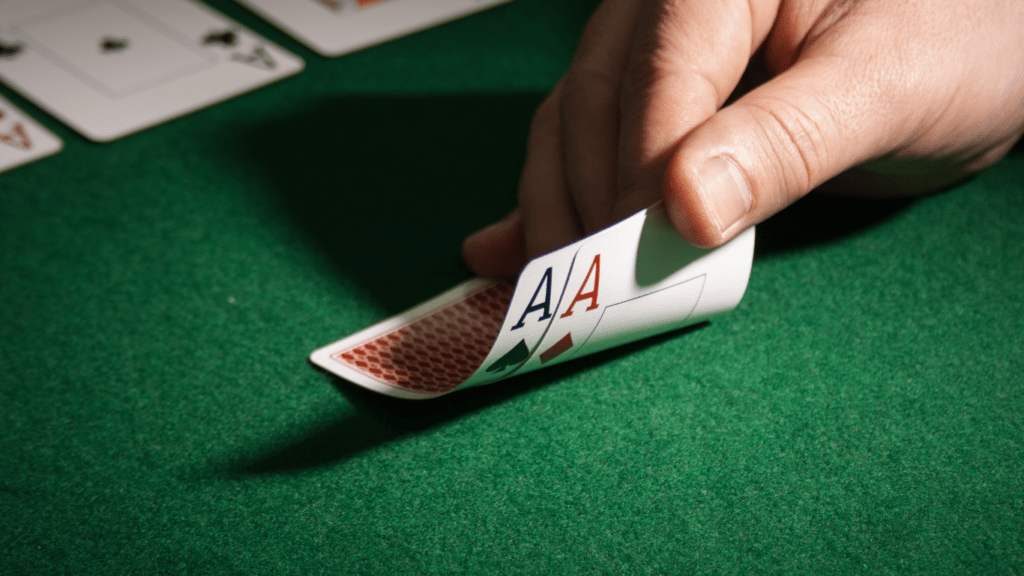Entering the world of poker goes beyond mastering the rules; it delves into the intricate realm of psychology. In this article, I’ll explore the fascinating dynamics of poker, focusing on understanding both your opponents and yourself. Poker is not merely a game of chance; it’s a strategic interplay of minds where knowing how to read others and manage your emotions can tip the scales in your favor.
As I delve into the psychology of poker, I’ll uncover the secrets behind deciphering opponent’s behaviors, spotting tells, and mastering the art of bluffing. Understanding the psychological aspects of the game can give you a significant edge at the poker table. So, buckle up as we journey into the captivating world where skill, strategy, and psychology converge to create the ultimate poker experience.
Exploring the Psychology of Poker
In understanding the psychology of poker, cognitive skills play a vital role in decision-making and gameplay. Sharpening one’s cognitive abilities such as critical thinking, pattern recognition, and probabilistic reasoning is essential for strategic gameplay.
Cognitive Skills Vital for Poker
I believe that cognitive skills such as critical thinking, pattern recognition, and probabilistic reasoning are crucial for success in poker. These skills enable players to analyze situations, predict opponent behavior, and make informed decisions based on probabilities. Enhancing these cognitive abilities through practice and experience can greatly improve one’s performance at the poker table.
Emotional Intelligence in Poker
I have found that emotional intelligence is equally important in poker as cognitive skills. The ability to manage emotions, stay focused under pressure, and read the emotions of opponents can give a player a significant advantage. Developing emotional intelligence allows players to maintain composure during wins and losses, make rational decisions, and adapt their gameplay based on emotional cues from others. In the world of poker, understanding and controlling emotions can be the difference between success and failure.
Knowing Your Opponents
Understanding your opponents is a crucial aspect of poker that can significantly impact your gameplay. By observing and analyzing their behaviors, you can gain valuable insights that may help you make more informed decisions at the table.
- Psychological Tells in Poker
Psychological tells play a vital role in poker, providing valuable information about your opponents’ hand strength and intentions. These non-verbal cues can include changes in body language, facial expressions, or betting patterns. Being attentive to these signals can give you a strategic advantage by allowing you to anticipate your opponents’ moves and adjust your gameplay accordingly. - Strategies for Reading Opponents
Developing effective strategies for reading opponents is essential in poker. One approach is to pay attention to patterns in how they bet, react to certain situations, or handle specific hands. Additionally, assessing their level of experience, playing style, and overall demeanor can offer valuable insights into their decision-making process. By combining observation with logical deduction, you can better understand your opponents’ tendencies and adapt your gameplay to exploit their weaknesses.
Understanding Your Own Psyche

Understanding my own psyche is a pivotal aspect of poker gameplay. Self-awareness plays a significant role in managing emotions, staying composed under pressure, and making rational decisions at the table.
Managing Stress and Anxiety
In high-stakes poker games, managing stress and anxiety is crucial for optimal performance. Recognizing my triggers and implementing relaxation techniques, like deep breathing or visualization, can help me stay calm and focused during intense moments.
The Role of Self-Reflection in Poker
Self-reflection is a powerful tool for poker players. By analyzing my gameplay, decision-making processes, and emotional responses post-game, I can identify areas for improvement, refine my strategies, and enhance my overall skills. Regular self-assessment allows me to grow as a player and adapt to different playing scenarios effectively.
Practical Tips for Applying Psychological Strategies
In sharpening my poker gameplay, I’ve honed in on practical strategies that capitalize on psychology. By developing observational skills and cultivating mental resilience, I’ve fortified my gameplay to gain a strategic advantage at the table.
Developing Your Observational Skills
I’ve found that honing my observational skills is key to deciphering opponents’ behaviors and tendencies. By paying close attention to their actions, body language, and betting patterns, I’ve been able to glean valuable insights into their strategies. This astute observation has empowered me to make informed decisions and adjust my gameplay accordingly, giving me an edge in high-stakes games.
Building Mental Resilience
Building mental resilience has been pivotal in navigating the ups and downs of poker gameplay. Staying composed under pressure and maintaining focus amidst challenging situations have been crucial skills I’ve developed. By cultivating a resilient mindset, I’ve been able to bounce back from losses, adapt to changing game dynamics, and make sound decisions even in the face of adversity. This mental toughness has been instrumental in enhancing my overall performance and keeping me ahead in competitive poker scenarios.

 Flossie is an avid gaming enthusiast and a seasoned writer at Jackpot Joyfully. With a deep understanding of the gambling world, Flossie brings insightful strategies, tips, and updates to help players elevate their gaming experience. Her passion for responsible play and her dedication to providing valuable content make her articles a must-read for both newcomers and seasoned bettors alike.
Flossie is an avid gaming enthusiast and a seasoned writer at Jackpot Joyfully. With a deep understanding of the gambling world, Flossie brings insightful strategies, tips, and updates to help players elevate their gaming experience. Her passion for responsible play and her dedication to providing valuable content make her articles a must-read for both newcomers and seasoned bettors alike.
